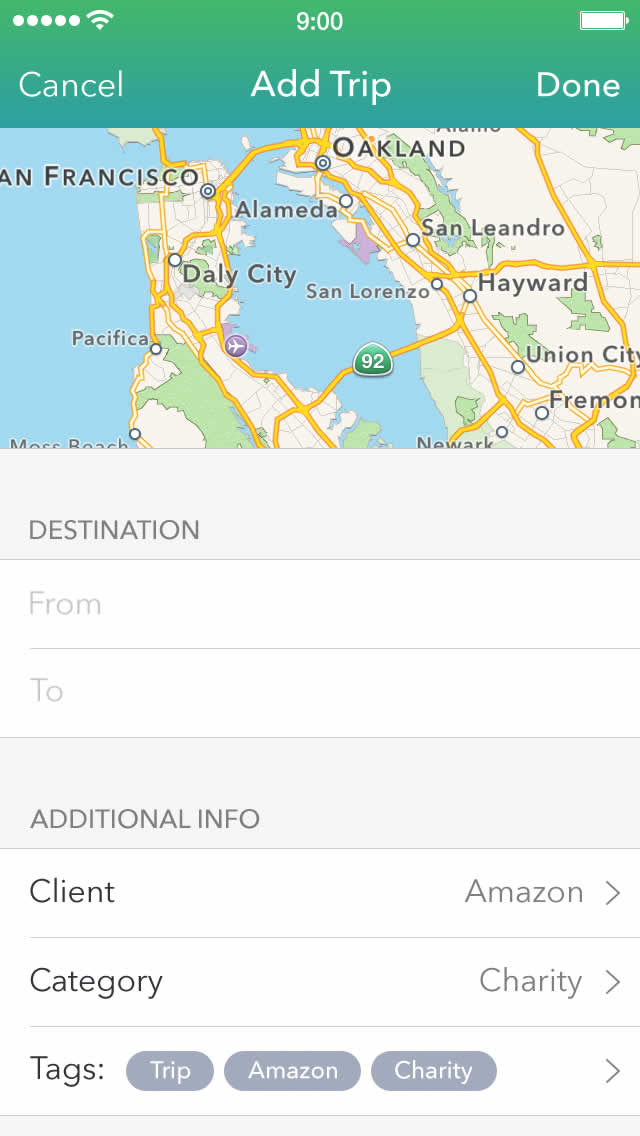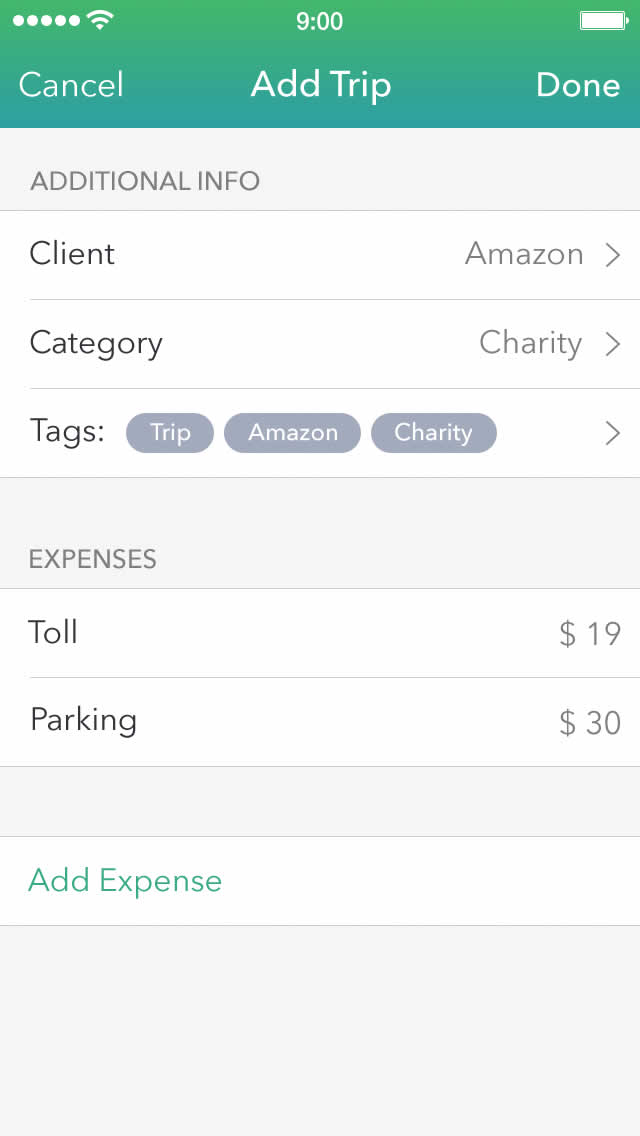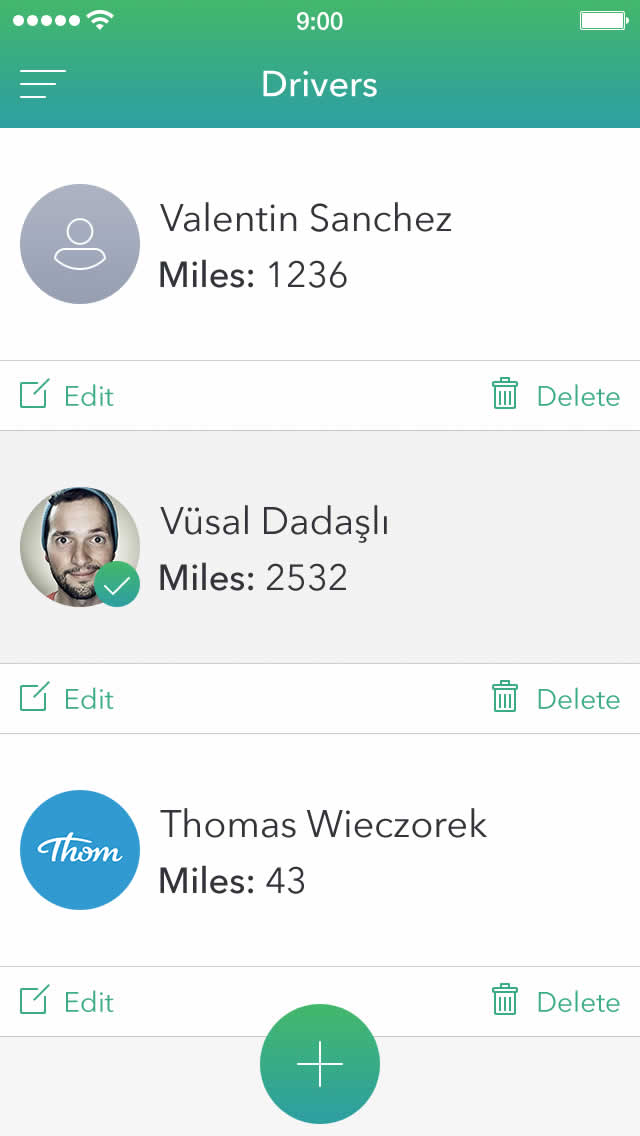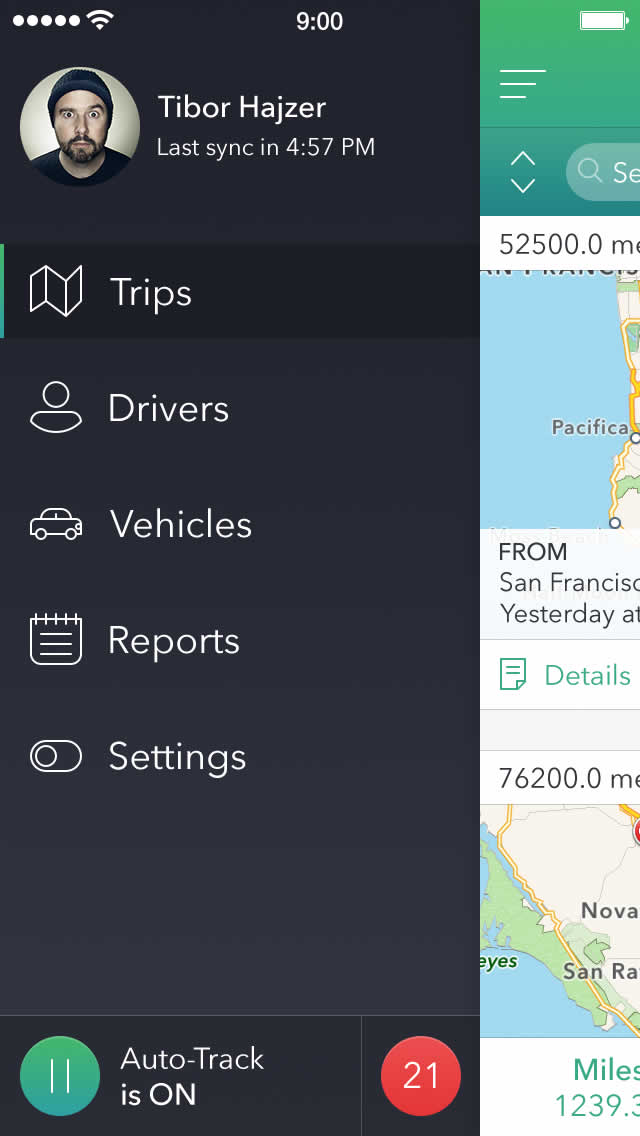SHOPPING ONLINE FOR CAR INSURANCE?
WE HAVE YOU COVERED!
Your full guide to car insurance what cover you may need and where to find the best prices online in 2022
Your full guide to car insurance what cover you may need and where to find the best prices online in 2022
Car insurance is a necessity for drivers in the United States. Car insurance is mandatory in all 50 states, although the minimum amount of coverage required varies from state to state. In general, most drivers need at least $500,000 in liability insurance and $100,000 in collision coverage to drive legally.
However, the amount of coverage you need and your deductible will vary depending on your driving history and your vehicle. In the United States, car insurance is one of the most commonly purchased products.
In fact, according to a study by the National Insurer Association (NIA), Americans spend an estimated $236 billion on auto insurance annually. That's more than credit cards and personal loans combined! So why are Americans so willing to shell out for car insurance?
There are a few factors at play. First,car insurance is often seen as a necessary evil. Most people believe that it's their responsibility to purchase and maintain coverage, even if they never use it. It's no secret that car insurance is one of the most important expenses you'll face.
Not only does it protect you financially in the event of a crash, but it can also help you recover costs associated with repairs or replacements. In order to ensure that you're getting the best deal on your policy.
3 Main Types of Car Insurance
There are three main types of car insurance:
Each type has its own benefits and drawbacks.
No one likes to think about car insurance, but it's a fact of life. In the U.S., the average driver spends over $1,000 a year on car insurance, and this figure is only going to increase as the population ages.
People who drive cars are required by law to carry insurance. This insurance protects drivers and their passengers in the event that an accident occurs. When a car is involved in an accident, the insurance company will pay out the damages that were caused.
In order to be covered by car insurance, drivers must have a valid driver's license and registered vehicle. There are also certain requirements that must be met in order to maintain coverage, such as maintaining a clean driving record and having no outstanding debt on their credit report.
Insurance companies pay out claims, when a car accident or injury occurs. Claims are made by the person who was in the car at the time of the accident, as well as any passengers who were in the car. Generally speaking, a claim is a request for compensation from an insurance company. The company will investigate what happened and decide who is responsible for paying out money.
e qui facit eorum.
1. Compare rates online or with an independent broker. There are many great online resources that can help you compare rates from multiple providers in seconds. The best providers will use the same pricing data, which means you'll have more accurate comparisons. So instead of comparing your current provider's rate to another company's rate, compare it to a competitor's rate.
2. Shop around. You should compare auto insurance companies on a regular basis. Remember, the best deals are out there. If you're shopping around for an auto insurance quote, try using multiple sources to provide different quotes at the same time.
3. Compare rates to a specific budget. If you're trying to save money on a specific vehicle, compare rates from different companies based on the value of the vehicle. This will tell you which company has the lowest rates for your car.
4. Consider the insurance company's ratings. Here are some rating systems: AAA: The lowest rating. Companies with this rating earn the right to use the "AAA" logo. AARP: The highest rating. Companies with this rating are usually considered by most people as being a good company. A-F The A-F rating system is used by the insurance industry and is based on areas of concern, including consumer complaint rates and financial stability. A.M. Best The rating for the insurance company. A company with this rating is considered a good company by most people.
5. Compare rates from different companies based on the value of the vehicle. This will tell you which company has the lowest rates for your car.
6. Compare your insurance rates with the best. Do not go for the lowest but rather the best.
7. Make sure you get the right insurance. The best insurance is not always the cheapest.
8. Choose the best company for your needs and budget.
9. Be flexible with your insurance rates and plan ahead to pay less next year when you renew with a better company.
10. Do not ever pay for added coverage that you don't need.




If you're in an accident, it's likely that you'll be held responsible for someone else's damages. This can be very expensive if you're not covered under a car insurance policy. A standard policy will include liability coverage, which covers the amount of money you'll need to pay for your damages if you're found liable for an accident.
You could be sued by another driver who is hurt in an accident or by a passenger or pedestrian who was injured in your car. Liability insurance also covers your legal costs if you're sued. It will cover your car rental expenses, medical bills, lost wages and any other expenses that result from an accident. Texas does not require you to have car insurance. If you're involved in an accident, and the other driver is found at fault for any damage to your vehicle, you will be held responsible for someone else's damages.
Underinsured motorist coverage can help protect you from damages you may suffer if someone hits you and doesn't have enough insurance to cover your losses. This coverage can help pay for your medical expenses, lost wages, and other damages. If you're in an accident with an uninsured driver, make sure to get a copy of their driving record and contact your insurance company immediately.
When you are in the market for property damage liability coverage, it is important to understand what each policy covers. Here are some key points to keep in mind:
- Property damage liability insurance will typically cover any loss or damage that occurs as a result of someone else's negligence. This includes things like broken windows, theft, and vandalism.-This type of insurance is important if you have assets that could be damaged or lost as a result of someone else's actions.
- Some policies also include coverage for liabilities incurred as a result of your own negligence. This includes things like driving while under the influence, filing false claims, and libel/slander.
- It is important to compare different policies to find one that meets your specific needs.
Collision coverage can be a life saver if you are ever in a car accident. If you have collision coverage, your insurance company will help to pay for the costs of repairs to your car, regardless of who is at fault. This type of insurance is especially important if you have a high deductible, as it will help to cover some of the costs of repair.
How is your insurance premium calculated by insurance companies? Insurance companies use a number of factors when calculating insurance premiums: Driving experience (including whether you have a provisional or full license) Claims history Where you live Type of car Age of car Your age Occupation What you use your car for Type of cover required.
No claims bonuses are a type of insurance benefit that can be offered by car, home, and health insurance providers. They offer claimants a reduction in their policy premium for agreeing not to file any claims with the insurer during a specified period of time.
A no claims bonus can be valuable to claimants because it reduces the overall cost of their insurance policy. The length of the bonus period typically depends on the type and amount of coverage chosen by the claimant.
If you have a criminal record, you may be refused car insurance by your insurer. The insurer may refuse to insure you, such as if you have failed to pay your premiums on time in the past. There are also factors that can impact your eligibility, such as whether the offence was violent or property-related.
Car insurance rates are always a hot topic, and they're sure to be a topic of discussion once again in 2022. Here's what you need to know about the potential for car insurance rates to go up in the next year.
Arizona has one of the highest uninsured rates in the country. If you live in Arizona and don't have insurance, this is the perfect time to get in compliance. Many insurers offer discounts for students, but these policies often have a limit on the number of years you can be covered. Car insurance rates are necessary to keep in mind when buying a new vehicle, as you'll need to factor in all of your expenses up front.
Car insurers typically assess your eligibility based on a number of factors, including your driving history and any debts or liens you may have. If you're denied car insurance because of a criminal record, it's important to speak with an insurance advisor to see if there are any options available to you.